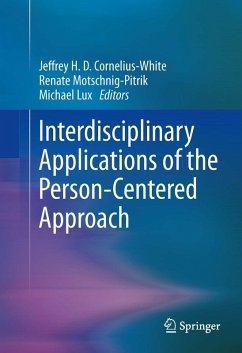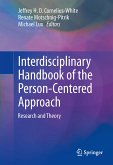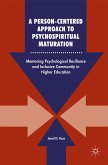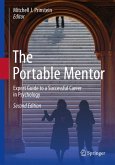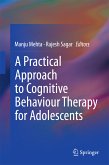The hallmark of Carl Rogers' work, the Person-Centered Approach (PCA), has long had a major impact on psychological research and clinical practice. Currently, as more diverse professionals recognize the relevance of humanistic thought to their fields, it is enjoying a wider diversity of applications across disciplines, populations, and settings. Interdisciplinary Applications of the Person-Centered Approach unfolds client-centered concepts into real-world contexts. The versatility and power of person-centered practice are on full display in an engaging integrative framework, featuring extended examples, practical guidelines, and graphic concept maps. Renowned scholar-practitioners illustrate innovative applications as diverse as motivational interviewing, parent training, learner-centered instruction, and peace negotiations to promote cross-disciplinary dialogue and collaboration, and potentially to solve larger societal problems. Support for the PCA spans a variety of areas including: . Clinical applications in psychotherapy and medicine. . Education, including elementary, higher, adult, and e-learning. . Child, family, and lifespan studies. . Business, management, leadership, and coaching. . Conflict resolution and constructive communication. Interdisciplinary Applications of the Person-Centered Approach complements its companion volume, Interdisciplinary Handbook of the Person-Centered Approach: Research and Theory, by enlightening researchers and practitioners who want to broaden their academic and clinical horizons. Both are significant resources for researchers in a variety of sciences, such as psychology, neuroscience, therapy, education, communication, and medicine, and for students of humanistic psychology.
Dieser Download kann aus rechtlichen Gründen nur mit Rechnungsadresse in A, B, BG, CY, CZ, D, DK, EW, E, FIN, F, GR, HR, H, IRL, I, LT, L, LR, M, NL, PL, P, R, S, SLO, SK ausgeliefert werden.

